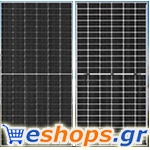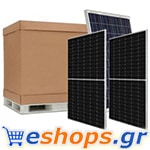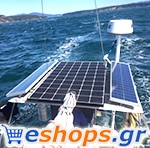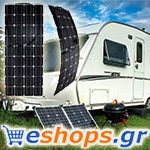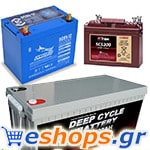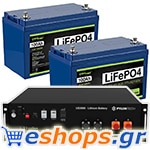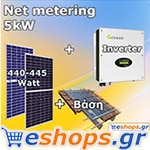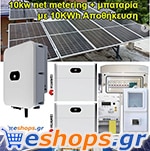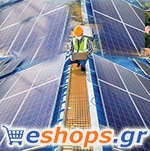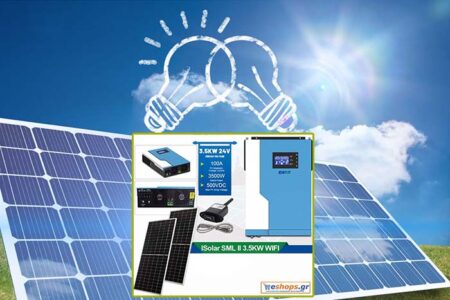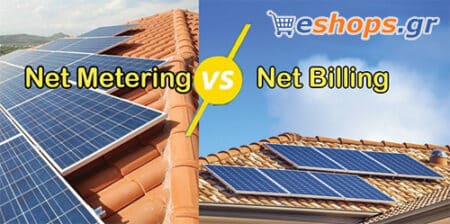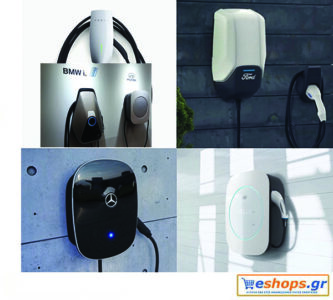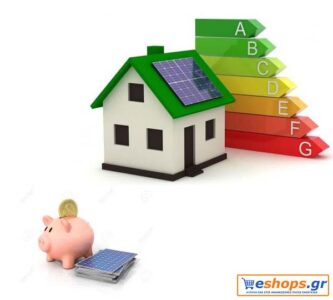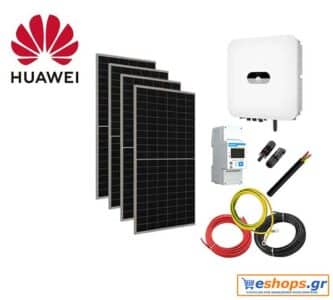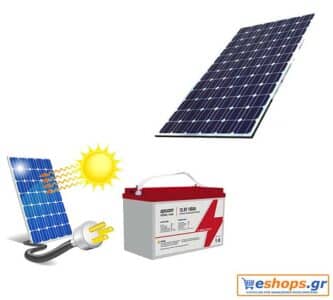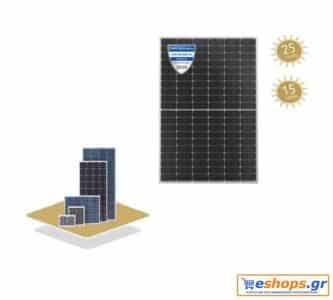Shared solar energy

solar energy, home, photovoltaic, new technology
Researchers at the Technische Universität München conducted a series of tests to investigate the increasing rate of photovoltaic ceiling in Germany. They found that selling and buying electricity between households could reduce consumption demand and prevent grid bottlenecks.
In the German city of Dietfurt, the Technische Universität München (TUM) simulated the energy system of the future over a period of six months. Seven households participated in the 'BASE.V' project, which tested the sharing of electricity between neighbours.
The project was designed to investigate what would happen to the electricity grid if the number of households generating their own electricity with PV systems, storage spaces and electric cars continue to grow in the future. The results show that power trading can reduce consumption demand and avoid grid congestion when there is an economic incentive. In other words, grid stability benefits from intelligent power management.
The industrial partner for the research project, which was funded by the Bavarian Ministry of Finance, was the German battery provider Sonnen. It equipped the seven experimental households in Bavaria with photovoltaic systems, batteries and electric cars with charging stations. Participants could then buy or sell the electricity through a central peer-to-peer trading platform. Individual trade orders were executed via “smart contracts”, which were processed through a blockchain managed by German automation solutions specialist Moxa.
“The specific requirements of an experiment have confirmed the easy remote maintenance of our IoT platform. Not a single change required an on-site visit by our experts," said Martin Jenkner, project manager for Moxa Europe. "We were able to remotely manage any update we wanted to the portal during testing."
The successful pilot test was also an important indicator for network operators.
“More than 350.000 decentralized generation systems are already fed into the regional power grid of Bayernwerk Netz GmbH. In addition to the growing number of decentralized PV systems on the generator side, there are more and more heat pumps and electric cars on the consumer side," said Stefan Bergermeier, project manager of Bayernwerk Netz. "Together with the high level of simultaneous consumption and generation, this presents a significant challenge for the local grid."
The project showed that incentive-based neighborhood electricity trading complemented the necessary grid expansion in a sensible manner.
"Peer-to-peer commerce between households does not belong to the future, but can be implemented today with the technical capabilities," said Susan Käppeler, country manager for Sonnen DACH. “Both in terms of storage options and smart control. To make such solutions accessible to people, we need a digital energy infrastructure in which smart meters are a key requirement."

